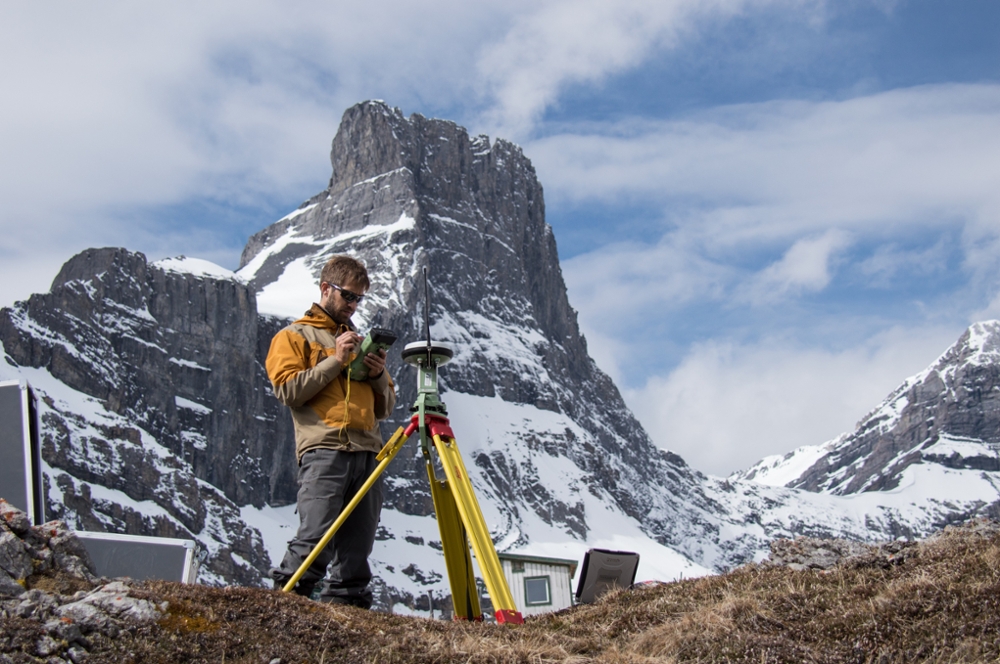
Training future water innovators
This article originally appeared in the Fall 2015 edition of our newsletter Water News.
By HenryTye GlazebrookThe U of S has launched a new initiative that will see it taking a leadership role in water security graduate training.
The NSERC CREATE for Water Security program, which officially began summer 2015, is intended to steer graduate students and postdoctoral fellows toward becoming innovators in water issues both nationally and abroad.
“The program offers students enhanced training in water security issues, including policy training and social sciences, which they may not otherwise receive in a science masters or PhD program,” said program coordinator Kathryn Lindsay.
Led by a $1.65 million award from the Collaborative Research and Training Experience (CREATE) program of the federal Natural Sciences and Engineering research Council (NSERC), the initiative is funded through more than $2.8 million in additional funds from GIWS and the University of Waterloo, University of Calgary, University of Manitoba, McMaster University and various industry collaborators.
“This major partnership investment will help prepare young scientists to address pressing global water security challenges such as flooding, drought and reduced water quality,” said U of S vice-president of research Karen Chad. “This unique program fills a critical need for improved mentoring and training of leaders in water resource protection and underscores our university’s national and international strength in water security research.”
The program’s faculty include GIWS members Howard Wheater, Helen Baulch, Cherie Westbrook, Jeffrey McDonnell, Bram Noble, John Pomeroy, Lee Barbour, Angela Bedard-Haughn and Ken Belcher. All will mentor students through the program, which consists of interdisciplinary courses, internships, lab exchanges and research. Other public sector agencies and industrial partners will contribute through work experiences and research collaborations. CREATE students receive full scholarships as part of the training program.
“There will be opportunities for students to gain professional training through seminars conducted by our government and private sector collaborators to better prepare them for a career in water-related industry,” Lindsay said, adding that there is the opportunity for real-world experience through internships with industry partners and that funding is available on a competitive basis for travel for field work, conferences and short-courses.
“This experience may help students determine their career path and allows them the chance to network with industry and potential future employers.”
There are currently 17 graduate students taking part in the program, nine at the masters level and eight pursuing a PhD, with another post-doctoral fellow slated to join in January. Approximately 15 positions are planned to be filled in 2016, though Lindsay said that more slots may be made available for exceptional cases.
For more information about the CREATE in Water Security, visit their website at www.research-groups.usask.ca/createwater.
